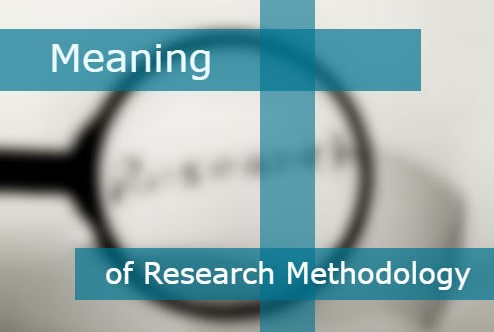This is the longest research in history

It takes 495 years, this is the longest research in history, will be completed in 2514. Speaking of research, you may think that research can be done within a few months or it may take only one or two years. It can be true, but it is not always true. The fact shows that there were so many studies that required a long time to finish. The current research is about microbiology. How can this research take so long to complete?
Well, there is no specific time limit in a study or experiment. But a microbiological experiment is likely to break the record for the longest time, which is 500 years. This project began in 2014 and will be completed in the year 2514. So, it still needs 495 years to know the final results of the study.
Research team
Surely the audience from http://104.248.154.61 will wonder, why this research lasts so long. According to the research team, the real reason is quite simple: find out how long microbes can survive. This research is a project of the University of Edinburg. The project placed 400 bottles of Bacillus subtilis bacteria in dry conditions to form spores.

The bottle is then tightly closed and covered with lead to protect it from carbon radiation or cosmic rays that can cause DNA damage. “Whether microbes will last long or if some will die first. This will be the longest scientific experiment ever made,” said Ralf Möller, study leader of the German Aerospace Center.
In the experiment, every two years (for the first 24 years), a set of bottles will be opened to see how the spores work. After the first 24 years, periodic checks will be reduced to once every 25 years until 2514.
In 2016, 1 set of bottles has been opened and the results have been published on PLOS ONE. Storage in a span of two years makes no difference, nor is the sample affected by X-ray exposure, ultraviolet light, hydrogen peroxide, and high temperatures.
Bacteria
Checking the bacteria is easy. However, the hard part is making sure someone will continue to do it according to schedule well in the future. The team left the USB stick with instructions. But this is certainly still far from adequate, considering that digital technology is quickly becoming obsolete.

Not only that, but the research team also tried to leave a copy on paper. But, of course, this has become homework because the paper may not be able to survive for 500 years. The paper will turn yellow and crumble. There is no strategy that will be completely safe 500 years later. So the team asked researchers at each time point of 25 years to copy the instructions to remain linguistically and technologically relevant.
That’s is such an incredible long research ever. Hopefully, this research can be useful for human being in the future. But, we have no idea whether this research will still go on in a few decades to go. We cannot even wait for it because we may already die in the future.
